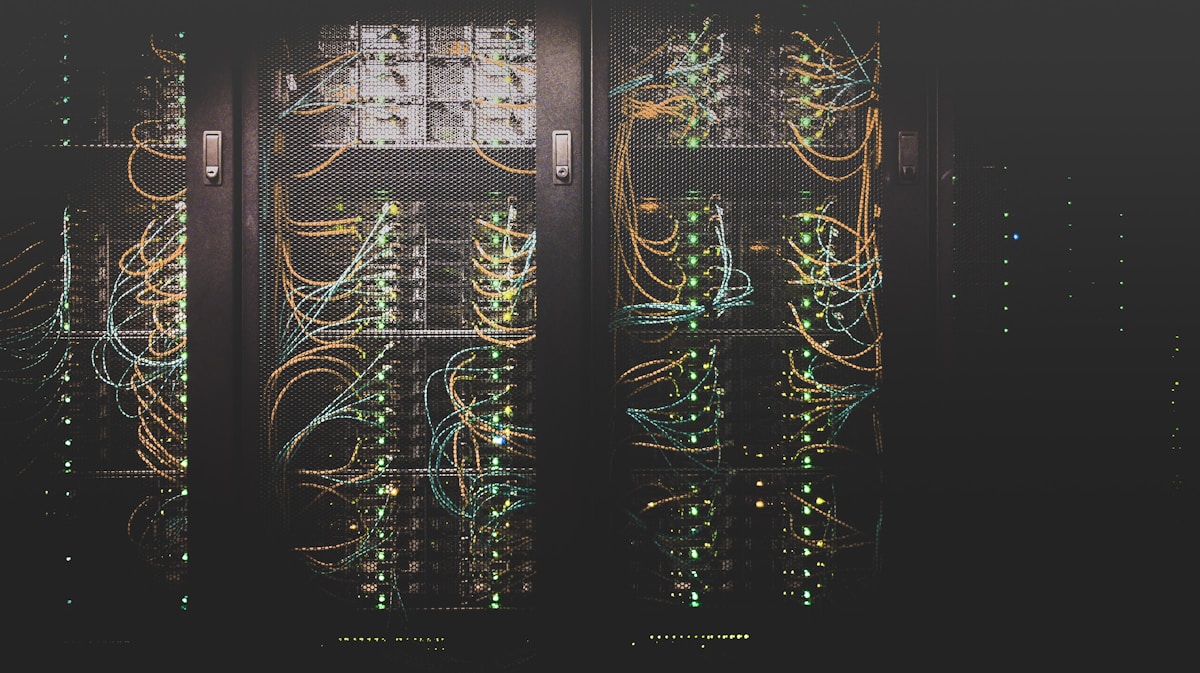Understanding Private Cloud
Understanding Private Cloud
Private cloud has gotten complicated with all the marketing noise flying around. Every vendor wants to sell you their version of it, and the definitions blur together fast. But strip away the sales pitch and the concept is straightforward — a private cloud is cloud computing infrastructure dedicated to a single organization. You get the flexibility and automation of cloud computing without sharing resources with strangers. That trade-off between control and convenience is the entire conversation.
Benefits of a Private Cloud
The reasons organizations go private usually boil down to control. When you can’t afford surprises — whether that’s a security incident, a compliance violation, or a noisy neighbor degrading your performance — private cloud starts making a lot of sense.
- Security you actually control: Your data stays within your perimeter. You decide who accesses what, how traffic flows, and what gets logged. Public cloud providers have excellent security, but you’re trusting their implementation. Private cloud means your team owns the security posture.
- Customization that fits your workload: Need a specific hypervisor? Custom networking? Storage tuned for your particular read/write pattern? Private cloud lets you build infrastructure around your applications instead of forcing your applications to fit someone else’s infrastructure.
- Compliance without the headaches: Healthcare, finance, government — these sectors live and die by compliance requirements. Private cloud makes it significantly easier to demonstrate that data never leaves approved boundaries. Auditors like straightforward answers.
- Consistent performance: No multi-tenant resource contention. When you need compute at 2 AM on the last day of the quarter, it’s there. You’re not competing with another company’s batch processing job for the same physical hardware.
Types of Private Cloud
Not all private clouds look the same. The right model depends on your budget, your team’s capabilities, and how much control you actually need versus how much you think you need.
On-Premise Private Cloud

This is the traditional model — your hardware, your data center, your staff managing everything. You get maximum control, but you also own every problem. Hardware failures at 3 AM? That’s your on-call engineer’s phone ringing. The upside is total sovereignty over your infrastructure. The downside is the capital expenditure and the talent required to run it well.
Managed Private Cloud
A third-party provider runs the infrastructure for you, but it’s still dedicated to your organization. Think of it as hiring a specialist to manage your private environment. You keep data sovereignty and the security benefits of isolation while offloading the operational burden. This works well for companies that want private cloud benefits but don’t have (or don’t want to build) the in-house expertise to manage it.
Hosted Private Cloud
The provider hosts your private cloud on their infrastructure, but your environment is logically and physically isolated from other customers. It’s a middle ground — you get dedicated resources without buying and racking your own hardware. The provider handles maintenance and physical security while you manage the cloud layer. For organizations that want private cloud without a data center lease, this is often the practical choice.
Components of a Private Cloud
Under the hood, a private cloud is built from the same fundamental technologies as any cloud platform. The difference is who controls them and how they’re configured.
Virtualization
Virtualization is the foundation of everything. It’s what lets you run multiple workloads on single physical servers, allocate resources dynamically, and spin up new environments without ordering hardware. VMware’s vSphere has dominated this space for years, though KVM and Hyper-V have carved out significant territory. Without virtualization, you just have a data center with servers — not a cloud.
Storage
Storage in a private cloud ranges from direct-attached storage (DAS) for performance-critical workloads to network-attached storage (NAS) for file sharing and storage area networks (SANs) for block-level access. The architecture you choose shapes everything from backup strategies to application performance. Get storage wrong and you’ll feel it across every workload.
Networking
Modern private clouds replace traditional network appliances with virtual network functions — software-defined routing, firewalling, and load balancing. This isn’t just a cost savings play. Virtual networking lets you automate network provisioning, spin up isolated environments on demand, and change configurations without touching physical switches. It’s what makes the “cloud” part of private cloud actually work.
Management Software
The management layer ties everything together. VMware vCenter, OpenStack, and Microsoft System Center are the big players. This is where administrators provision resources, monitor health, set policies, and troubleshoot issues. Good management software makes a private cloud feel like a cloud. Bad management software makes it feel like a data center with extra steps.
Use Cases for Private Cloud
Private cloud shows up wherever the combination of regulatory requirements, performance demands, and security sensitivity makes public cloud either impractical or too risky.
Healthcare
HIPAA compliance alone pushes many healthcare organizations toward private cloud. Patient records, imaging data, lab results — all of it needs to stay within controlled boundaries. Private cloud makes the compliance conversation with auditors dramatically simpler, and it gives healthcare IT teams the control they need to meet increasingly strict data protection requirements.
Financial Services
Banks and financial institutions process millions of transactions daily under heavy regulatory scrutiny. Latency matters, security is non-negotiable, and regulators want to know exactly where data lives. Private cloud gives financial institutions the performance and control they need while still modernizing away from legacy infrastructure.
Government
Government agencies handle classified and sensitive data that often can’t leave the country, let alone share infrastructure with commercial tenants. Private cloud — especially on-premise or hosted within government-approved facilities — meets these requirements while giving agencies access to modern cloud capabilities.
Enterprises
Large enterprises with established data centers often find private cloud is the natural next step. They already own the hardware and employ the staff. Adding cloud automation and self-service provisioning on top of existing infrastructure modernizes operations without the disruption of a wholesale migration to public cloud.
Challenges of a Private Cloud
Private cloud isn’t free lunch. The benefits come with real costs and complexity that organizations need to plan for honestly.
High Costs
Building a private cloud means buying hardware, licensing software, and hiring or training people to run it. The capital expenditure is significant, and the operational costs don’t disappear just because you’ve automated provisioning. Budget honestly — private cloud ROI usually comes from better resource utilization and faster delivery, not from spending less money overall.
Complexity
Setting up a private cloud that actually works well — not just technically functional but operationally mature — requires deep expertise across virtualization, storage, networking, and security. Most organizations underestimate this. A half-built private cloud that nobody trusts is worse than no cloud at all.
Scalability Issues
Public clouds scale with a credit card. Private clouds scale with purchase orders, delivery timelines, and rack space. When demand spikes unexpectedly, you can’t just click a button and add capacity. This is the fundamental trade-off: you get control at the cost of agility. Hybrid architectures help bridge this gap, but they add their own complexity.
Smart organizations plan for these challenges from day one. Automation, capacity planning, and hybrid strategies can blunt the sharp edges, but they require investment and forethought.
Future Trends in Private Cloud
Private cloud isn’t static. The technology and the way organizations use it continue to evolve.
Hybrid Cloud
Most mature organizations are heading toward hybrid architectures — keeping sensitive workloads on private infrastructure while bursting to public cloud for less critical work. This isn’t just a trend; it’s becoming the default architecture for enterprises that need both control and flexibility. The challenge is making the two environments work together seamlessly, which is easier said than done.
Cloud Automation
Infrastructure as code, automated provisioning, self-healing systems — automation is what separates a modern private cloud from a traditional data center wearing a cloud costume. The organizations getting the most value from private cloud are the ones investing heavily in automation to reduce operational overhead and human error.
Edge Computing
Edge computing extends private cloud capabilities closer to where data is generated. For manufacturing, retail, and IoT use cases, processing data locally rather than shipping it back to a central data center reduces latency and bandwidth costs. Integrating edge nodes with a private cloud backbone gives organizations the best of both architectures.
Private cloud isn’t going anywhere. As long as organizations need control, compliance, and performance guarantees that public cloud can’t always provide, private infrastructure will remain a core part of the IT landscape. The form factor will keep evolving, but the fundamental value proposition — your infrastructure, your rules — endures.



